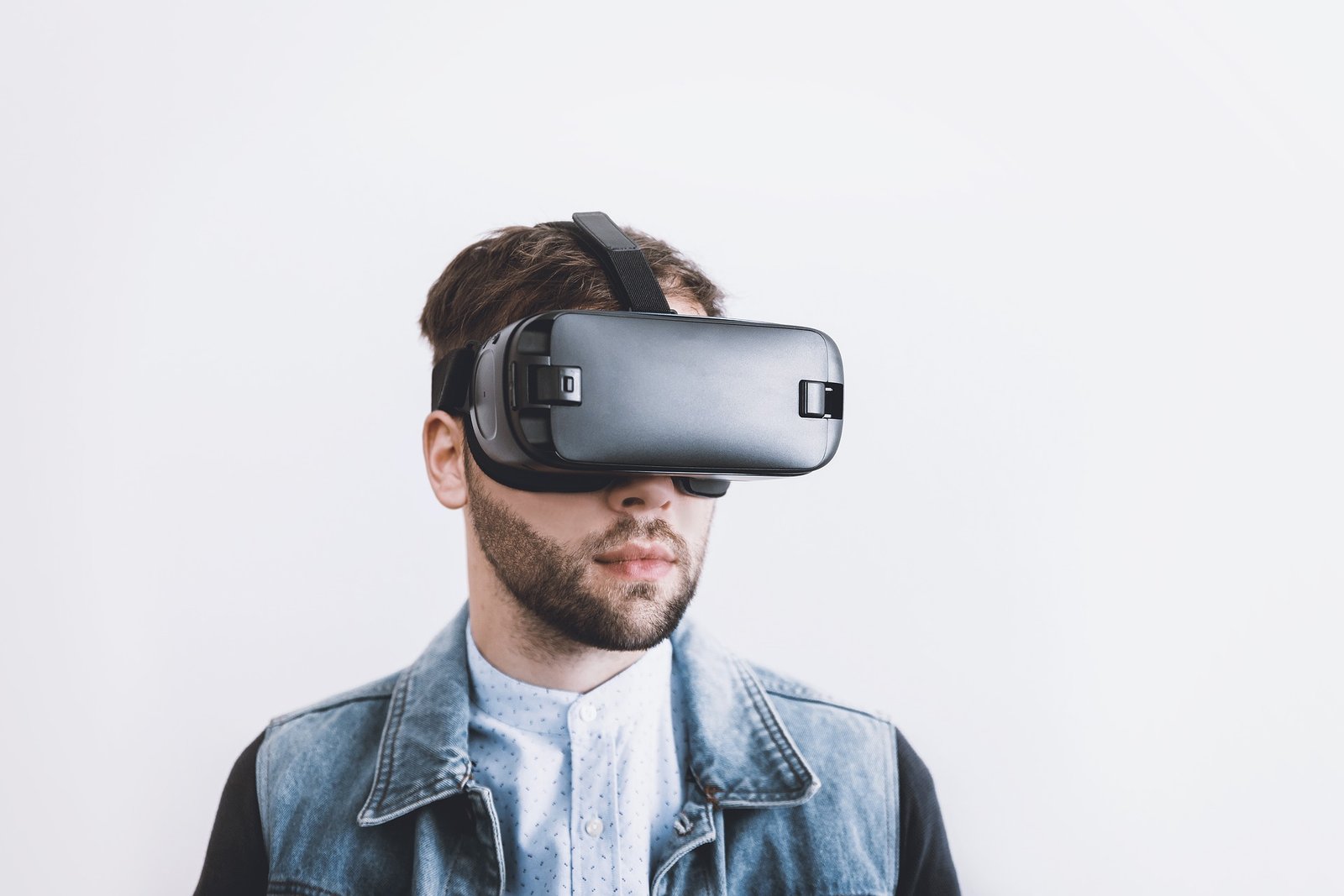Virtual Reality May Provide A More Effective Approach To Teaching Children With Dyslexia
According to recent studies, one of the biggest strengths of augmented reality (AR) and virtual reality (VR) is their ability to give students real-world immersive experiences that could make learning both memorable and meaningful according to Lyfta.
But can virtual reality improve a dyslexic child’s reading experience?
Based on case studies from numerous users with extensive classroom sessions instructing children and observing their experiences of learning through VR, the principals of the Lyfta digital platform have concluded that education content presented in a Virtual Reality format is more intuitive and memorable for learners.
“The Lyfta platform allows both free exploration on the Lyfta globe and guided lessons shared by the teacher.” – Serdar Ferit and Katri Meriläinen
In a new interview with C.M. Rubin, Founder of CMRubinWorld, Educators Serdar Ferit and Katri Meriläinen report that teachers found, “children are able to construct factual connections above their normal level when learning about phenomena in a contextualized environment.” Lyfta is conducting academic research in collaboration with two Finnish universities to understand the full potential of VR for dyslexic children. “The preliminary results show that a purposefully designed VR environment can significantly improve dyslexic children’s reading experience.”
“The teacher can create new lesson plans from scratch, or use or edit ready-made Lyfta lesson plans.” – Serdar Ferit and Katri Meriläinen

Lyfta is currently used in over 350 schools in the UK, Finland, and the United States, providing students with opportunities to explore new places around the world and meet the inspiring human beings who live there. Creative Director and Co-CEO Serdar Ferit believe that “prejudice and discrimination thrive due to ignorance.” When people meet and try to interact with people they don’t know, gradually, “a familiarity is formed and the experience can be “emotional, memorable and multi-sensory.”









Adam Miller
You are right, VR is now transforming more than one niche and making it better. I have already seen some projects for e-commerce and the real estate market. I think this will be the future. Also, I saw an agency https://www.letsnurture.ca/services/top-virtual-reality-vr-app-development-company.html which has a lot of experience in this. I think they will soon cooperate with them to create their own solution